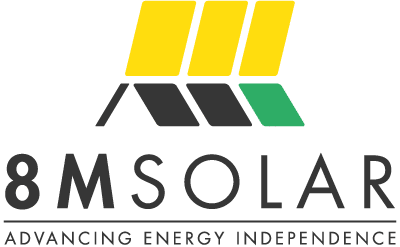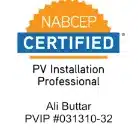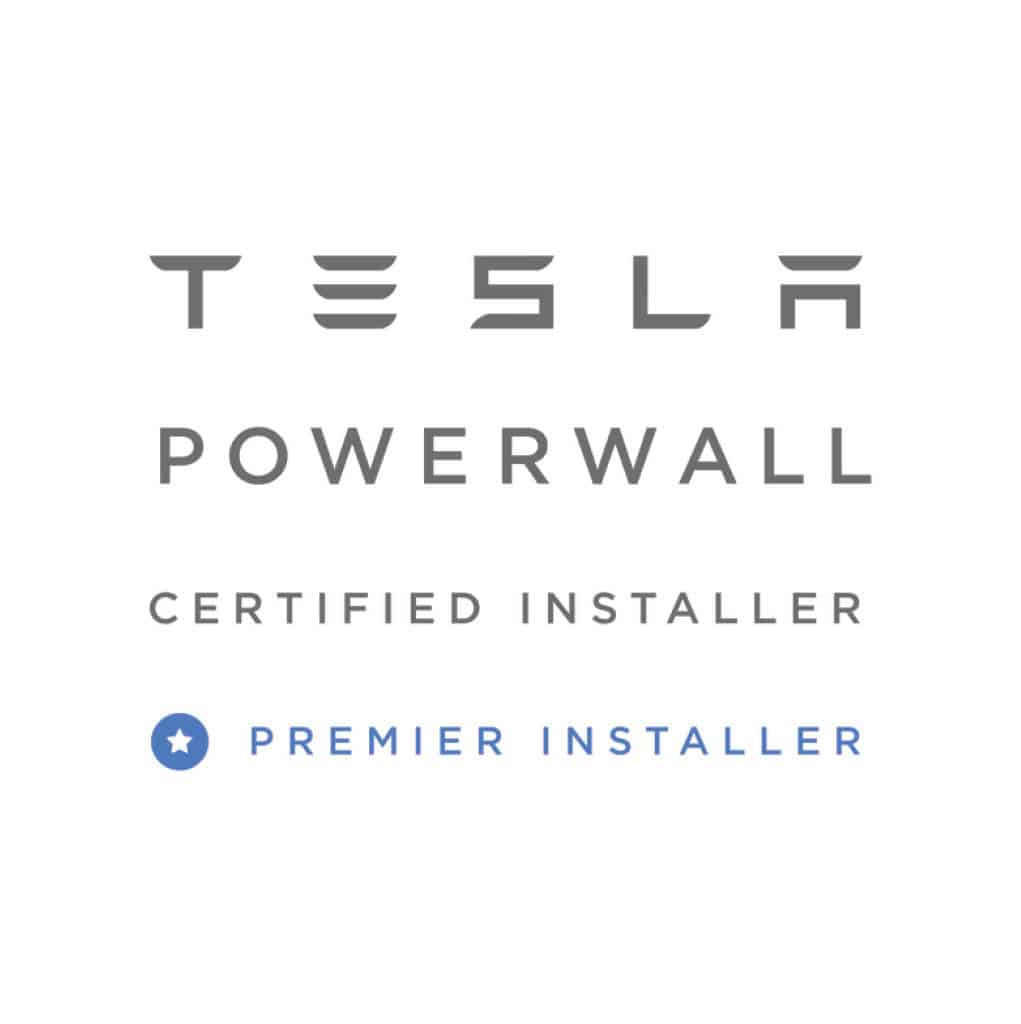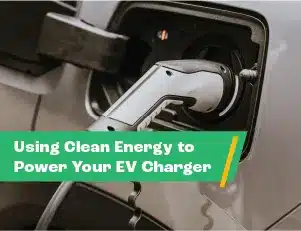
Electric vehicles are taking off in popularity around the world due to an increased desire in consumers to cut down on gas and oil and instead use renewable energy sources to provide sustainable transportation. Consumers look to electric vehicles as the future for sustainable transportation. However, many consumers who have switched to EVs use electricity for their EV chargers. In contributing to sustainable energy, the best way to charge an EV is not through traditional electricity generation, which contributes to greenhouse gases, but through renewable energy sources such as solar or wind.
But can renewable energy sources such as solar panels charge electric cars? The answer is yes, and they are becoming more efficient in doing so. Solar panels and EVs are the perfect pairings to generate sustainable energy for our future.
In this article, we’ll walk you through how to plan a new home solar panel system that can power an EV charger, and how to improve a current home solar panel system to power an EV charger.

Electric Car Charging At Home
Having a home EV charging station helps you get the most out of your EV, providing convenience in getting the charge needed to supply everyday electric needs. With home charging, there are two main types of home chargers to choose from, stand-alone EV chargers and solar inverter EV chargers.
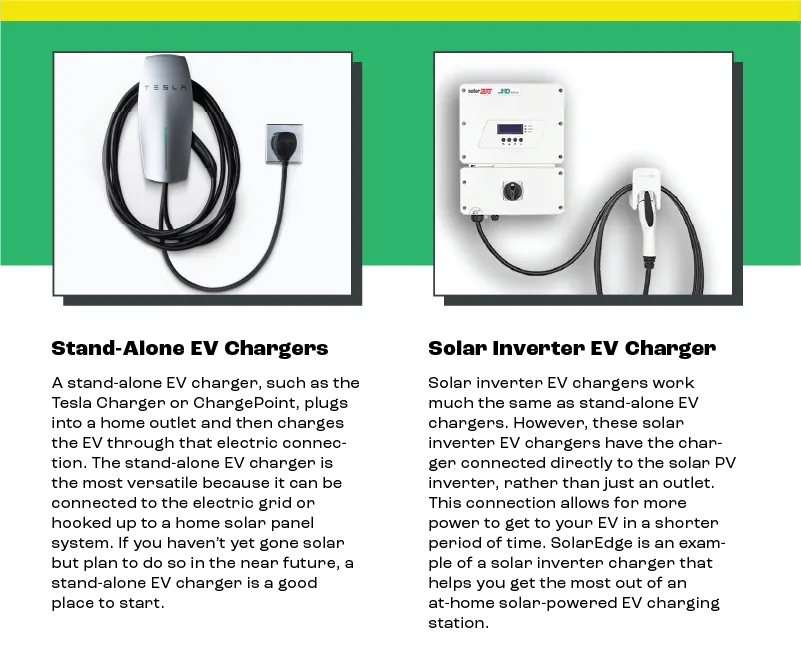

Calculating The Number Of Solar Panels Needed To Power Your EV
The first step to calculating the right amount of solar power needed to supply your EV is knowing how much electricity your car needs and will generally need in the future. To determine the amount of energy needed, first configure the number of kilowatt-hours (kWh) it takes for your EV to drive 100 miles, which converts to a miles-per-gallon equivalent (MPGE). You can find the average kWh/100 miles for any electric vehicle in the United States here.

After finding the amount of kWh your car needs, determine how many miles you will typically need your car charged for in a given day, week, month, and year. You can then use this desired mileage amount with the number attached to the average kWh/100 miles for your specific EV to determine the extra amount of solar energy you’ll need your panels to produce to power your EV.
When working with 8MSolar, we help you determine this extra amount of solar power needed to power your electric vehicle. Then, depending on the energy needed, and the amount of energy already being produced by your solar panels, we can help you determine how to best optimize your solar power system to provide this additional energy to accommodate an EV charger. See how we’ve helped similar clients accommodate their home solar system for EV charging.
Preparing Your Current Home Solar Panel System To Accommodate An EV
There are many things you can do to prepare your home solar system to power an electric vehicle. One of the best things is to make sure you have SolarEdge power optimizers installed on your solar panels. These power optimizers will help you get the most energy out of your current system, and allow for the best integration of additional solar panel installation if it is needed to meet your future solar energy needs.
Further, choosing SolarEdge inverters now will allow for an easier ability to add a SolarEdge EV charging inverter later when the time comes to add a solar inverter charger to your home EV charging station.

Planning A Future Home Solar Panel System
Are you currently planning to install solar panels in your home, or want to start the process in the near future? The most updated solar panel systems should include EV charging capabilities. Even if you do not currently have an electric vehicle, it is best to plan ahead and make sure your home solar panel system can accommodate an EV charger in the future.

How 8MSolar Can Help
8MSolar can combine your current solar needs with your future solar power goals to help you get the most out of going solar. Whether you are looking to get a whole new solar power system, add to your current system for EV charging capabilities, improve your current panels, or more, 8MSolar can help. Contact us today to get started.
